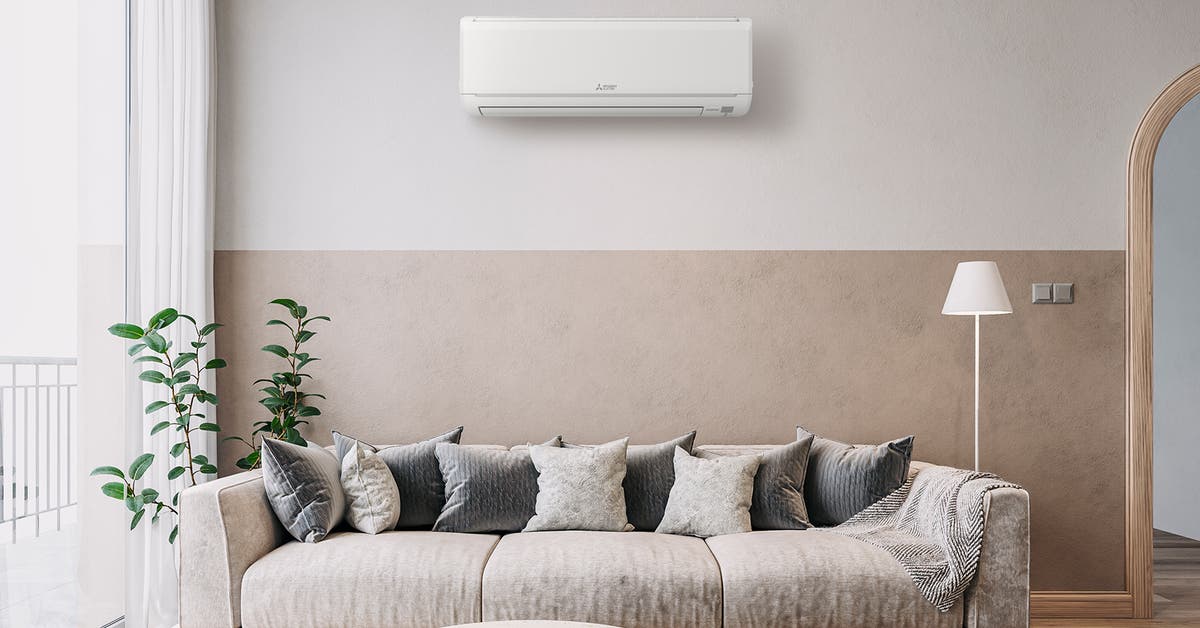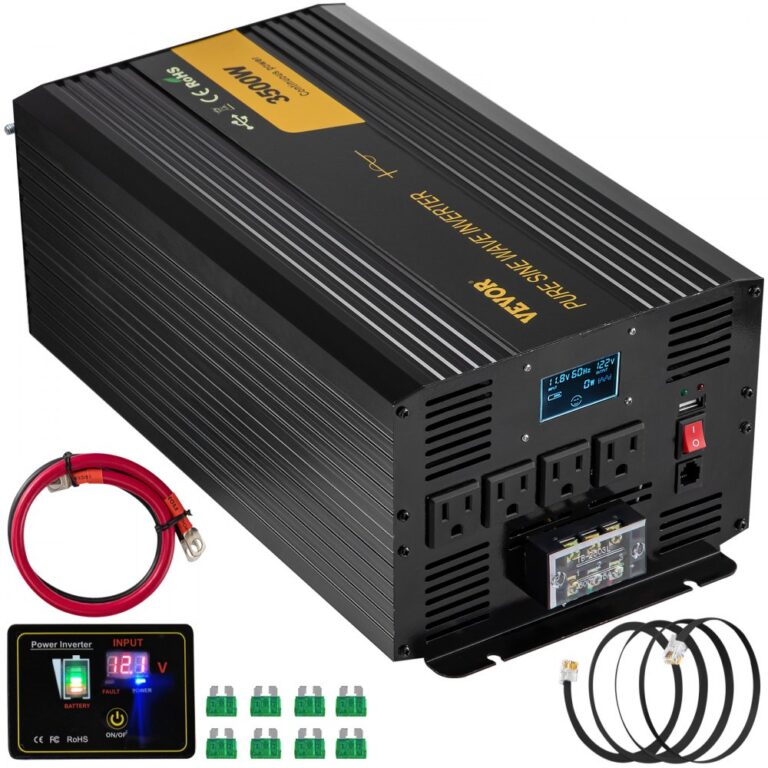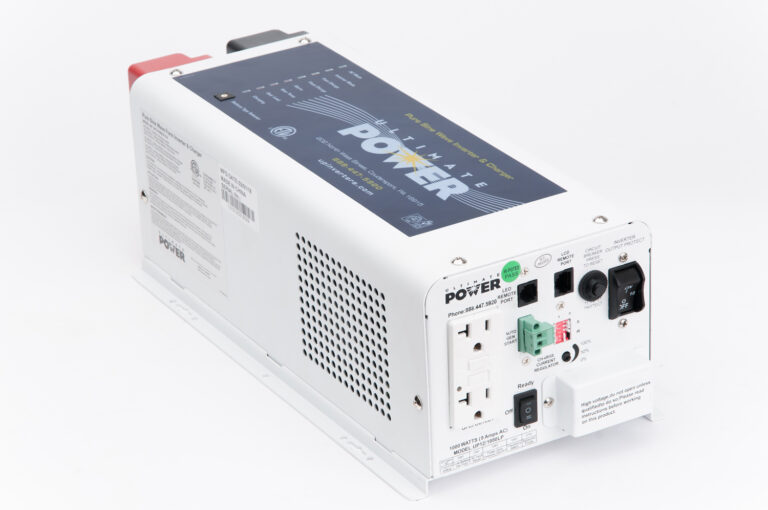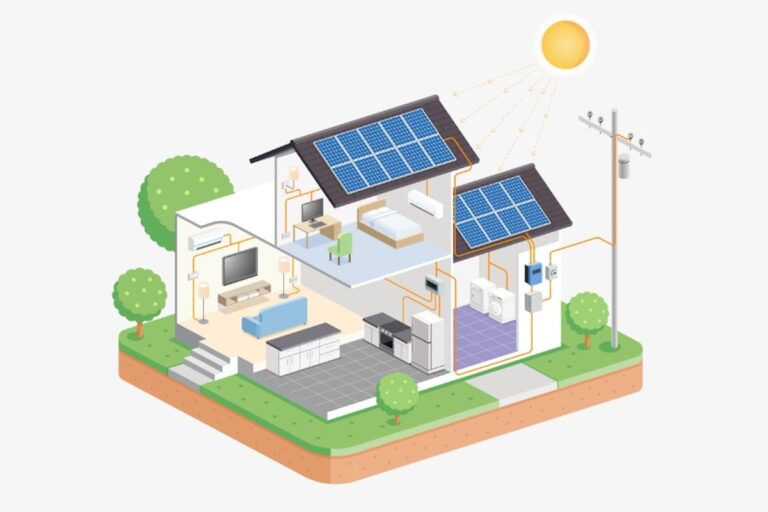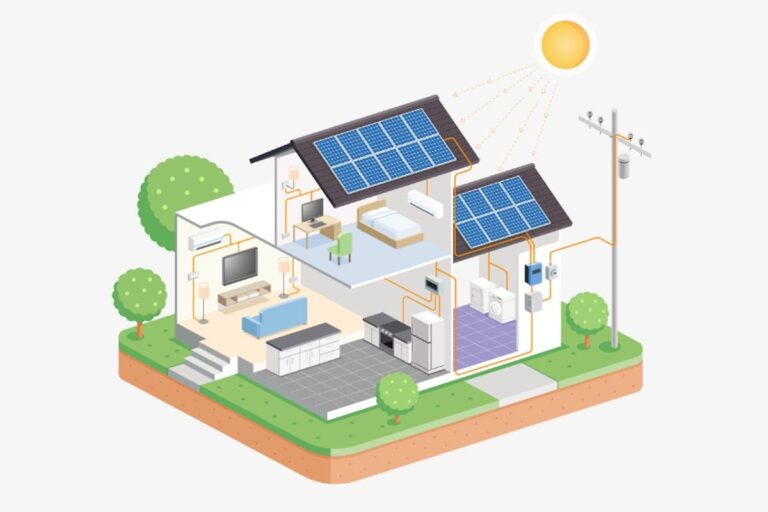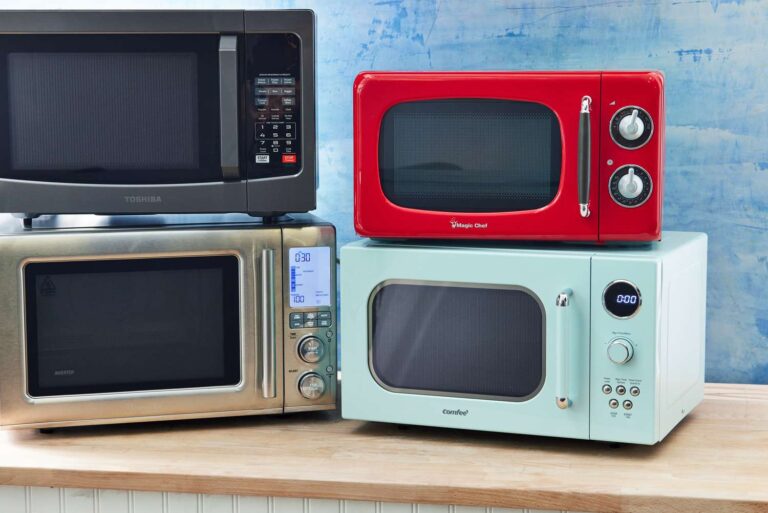Disadvantage of Inverter Aircon: Costly Installation
One disadvantage of inverter air conditioning units is their high cost and potential installation difficulties. These units are energy-efficient and low-maintenance, but their initial expense and installation challenges can be drawbacks.
However, they are still a great choice for those seeking efficient cooling systems. Inverter air conditioners, while being efficient and requiring minimal maintenance, come with the disadvantages of being expensive and often difficult to install. These drawbacks may deter some individuals from choosing inverter air conditioning units, despite their numerous benefits.
However, for those willing to invest in energy-efficient and eco-friendly cooling solutions, inverter air conditioners can provide long-term cost savings and comfort.
High Installation Costs
With inverter air conditioners, one major drawback is the high installation costs. These units can be expensive to purchase and may also require professional installation, adding to the overall expense.
Expensive installation process due to technical complexity:
Installing an inverter aircon can be costly due to the technical complexity involved. Here are some reasons why installation costs for inverter aircons tend to be high:
- Specialized knowledge and expertise: Inverter aircons require professional installation to ensure that they function properly. These systems involve complex electrical work and require specific technical knowledge. Professional installers have the expertise to handle the wiring, voltage requirements, and refrigerant installation.
- Additional equipment and materials: Installing an inverter aircon may involve the use of additional equipment and materials. These can include mounting brackets, piping, insulation, and electrical wiring. These extra components contribute to the overall installation cost.
- Longer installation time: Compared to traditional aircon units, inverter aircons may take longer to install. The complexity of the system and the additional steps involved, such as setting up the inverter control unit and connecting multiple indoor and outdoor units, can extend the installation process.
- High-quality installation standards: To maximize the efficiency and lifespan of the inverter aircon, it’s crucial to adhere to high-quality installation standards. This involves ensuring proper insulation, sealing any gaps, and correctly positioning the indoor and outdoor units. Achieving these standards requires time and precision, which impacts the installation cost.
Hiring professional installers is essential for the successful installation of an inverter aircon system. While it may involve higher upfront costs, it ensures that the unit performs optimally and reduces the risk of future problems.
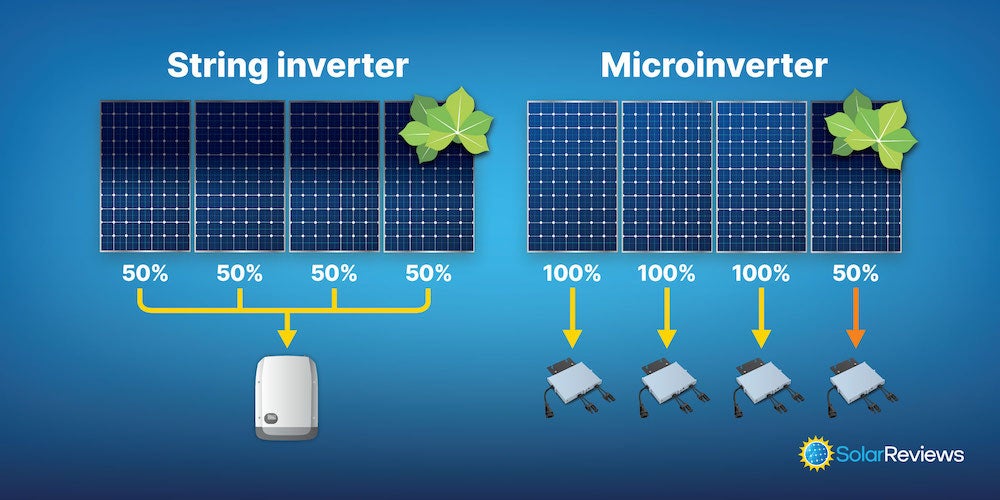
Credit: www.solarreviews.com
Compatibility Issues
The main disadvantage of inverter aircon is compatibility issues. These air conditioners can be expensive and difficult to install, making them less suitable for certain spaces.
Incompatibility with existing electrical systems may require upgrades:
- Older homes or buildings with outdated electrical systems may not be compatible with inverter air conditioning units.
- Upgrading the electrical system can be a costly and time-consuming process.
- It may require rewiring, adding new circuits, or increasing the capacity of the electrical panel.
Limited options for installation locations due to electrical requirements:
- Inverter air conditioners often require a dedicated circuit to operate efficiently.
- This means that the unit may need to be installed near an electrical panel or outlet.
- Installation in certain areas of the home, such as basements or attics, may be challenging due to limited access to electrical connections.
Overall, the compatibility issues associated with inverter air conditioners can be a potential disadvantage for homeowners. It is essential to consider the electrical requirements and potential upgrades before investing in such a system.
Time-Consuming Installation Process
The installation process of inverter air conditioners can be time-consuming and challenging, which is a significant disadvantage of these cooling systems.
Complex Installation Process May Take Longer Than Traditional Aircon Units:
Installing an inverter aircon unit can be a time-consuming process due to its complex nature and the need for careful planning and coordination with professional installers. Here are some factors that contribute to the longer installation time:
- Specific requirements: Inverter aircon units have specific installation requirements that must be met for optimal performance. This includes proper positioning of the indoor and outdoor units, adequate spacing for airflow, and proper electrical connections. This attention to detail adds to the installation time compared to traditional aircon units.
- Coordination with installers: Installing an inverter aircon unit requires coordination with experienced installers who are familiar with the intricacies of these systems. Scheduling and coordinating with installers can take time, especially during peak seasons when there is high demand for their services.
- Additional components: Inverter aircon units often require additional components, such as a dedicated circuit, wiring, and refrigerant piping. These additional components need to be properly installed and connected, which can add to the installation time.
- Thorough testing and calibration: Once the inverter aircon unit is installed, it needs to undergo thorough testing and calibration to ensure that it is functioning correctly. This involves checking the airflow, refrigerant levels, and adjusting the settings for optimal performance. This testing and calibration process can take time to ensure the unit is operating efficiently.
- User familiarization: Inverter aircon units often come with advanced features and control options. Installers may need to spend additional time familiarizing users with the unit, explaining how to operate it efficiently and providing maintenance tips.
While the installation process of an inverter aircon unit may take longer than traditional units, it is important to remember that these systems offer several advantages in terms of energy efficiency and cost savings. Therefore, the investment in time and effort in installing an inverter aircon unit is worthwhile in the long run.
So, if you’re considering installing an inverter aircon unit, be prepared for the time it may take and make sure to work with experienced professionals who can ensure a hassle-free installation process.
What Are the Benefits of Using an Inverter on a Generator?
Using an inverter on a generator can bring several benefits. An inverter on generator explained can provide clean and stable power, ensuring the safety of sensitive electronics. It helps reduce noise levels, making it more suitable for residential areas. Additionally, an inverter allows for fuel efficiency, as it adjusts the engine speed to the power demand, saving resources. Overall, using an inverter on a generator ensures reliable and efficient power supply.
Frequently Asked Questions For Disadvantage Of Inverter Aircon
What Is The Disadvantage Of Inverter Ac?
Inverter ACs have one disadvantage: they are expensive and can be difficult to install.
What Is The Main Problem In Inverter Ac?
Inverter ACs can have the main problem of increasing humidity due to frequent short cycles, resulting in ineffective dehumidification.
Which Ac Is Better Inverter Or Non-Inverter?
Inverter AC is better than non-inverter AC due to its efficient cooling, lower energy consumption, and quieter operation.
How Long Does An Inverter Ac Last?
Inverter ACs generally last longer than non-inverter ACs, with an average lifespan of 12-15 years.
Conclusion
The inverter air conditioner is undoubtedly a fantastic choice for those seeking an efficient cooling system with minimal maintenance. However, it’s important to consider the disadvantages of this technology as well. One major drawback is the high price tag associated with inverter air conditioners.
They are generally more expensive compared to non-inverter models. Additionally, the installation process can be complex and require professional assistance. Another potential disadvantage is the increased humidity levels in the room, especially if the inverter AC is oversized for the space.
This can lead to discomfort and inadequate dehumidification. Despite these drawbacks, the benefits of inverter air conditioners, such as energy efficiency and quieter operation, often outweigh the downsides. Ultimately, it’s crucial to carefully assess your needs and budget before making a decision between inverter or non-inverter air conditioners.

